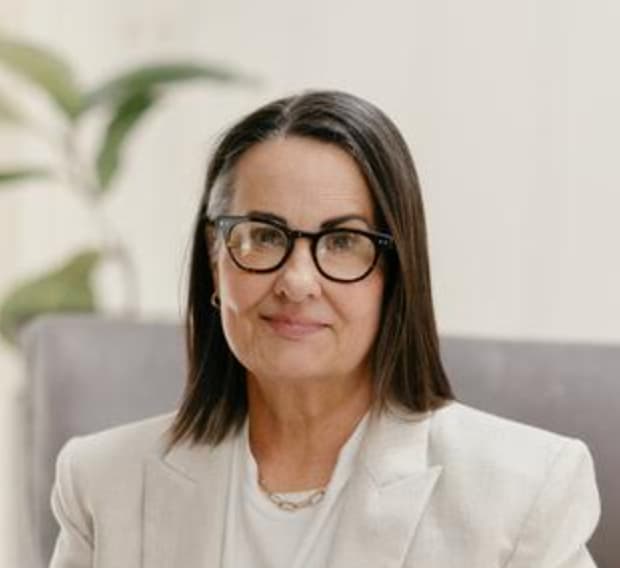If you want to predict who will age well, don’t start with cholesterol levels or retirement savings. Start with relationships.
Decades of research – from the Harvard Study of Adult Development to contemporary work in social neuroscience -tell the same story: the quality of our connections predicts our health, happiness, and even longevity more than almost any other factor. It’s not just having people in your life; it’s the felt sense of trust, safety, and mutual regard that matters.
Social connection regulates our stress physiology, strengthens our immune function, and buffers against cognitive decline. Chronic loneliness, on the other hand, activates the same threat systems as physical pain. Over time, that takes a toll on both body and mind.
Relationships are not static. They require tending. They need attention, repair, and sometimes pruning. Healthy interdependence means maintaining both connection and autonomy, empathy and boundaries.
As we age, the question shifts from how many people we know to how known we feel. The difference between being surrounded and really being seen can define the next chapter of our life. The quality of our life is most closely correlated with the quality of our relationships.
Aging well, it turns out, isn’t a solo project. The research is clear, and the invitation is simple: connect with someone today. Pick up the phone, knock on your neighbor’s door, schedule time with someone you like. A short conversation or a shared moment of care does more for your health than you might think.
Remember, you can hit “reply” and tell be about your favorite friend or strongest social connection. I’d love to hear!
Until next time, dear reader, take care of you.
